Let's take for example, a set of ints with a hash function that just does a simple mod % operation
struct IntMod {
constexpr std::size_t operator()(int i) const { return i % 10; }
};
std::unordered_set<int, IntMod> s;
This can easily result in a hash collision, and when that happens you need to be able to compare the keys to know if a key is already present.
s.insert(25); // hash == 5
s.insert(35); // hash == 5
assert(*s.find(25) == 25); // both 25 and 35 are present despite the same hash
assert(*s.find(35) == 35);
If we add a KeyEqual that just uses the hash function as well (like you suggest it do by default), it breaks on the second insertion.
struct IntEq {
constexpr bool operator()(int a, int b) const {
return IntMod{}(a) == IntMod{}(b);
}
};
std::unordered_set<int, IntMod, IntEq> s;
s.insert(25); // hash == 5
s.insert(35); // hash == 5
assert(*s.find(25) == 25);
assert(*s.find(35) == 35); // now this fails. s.find(35) returns iterator to 25
